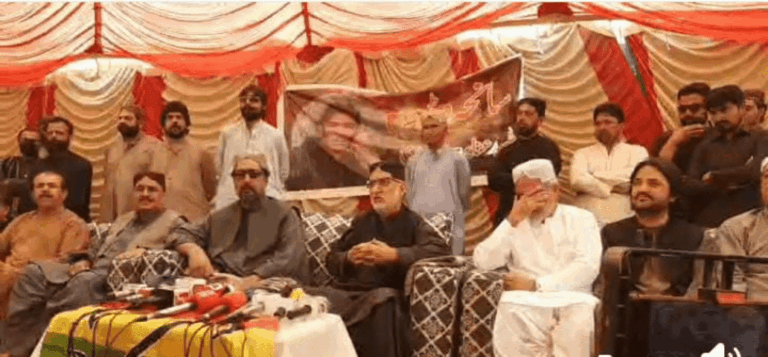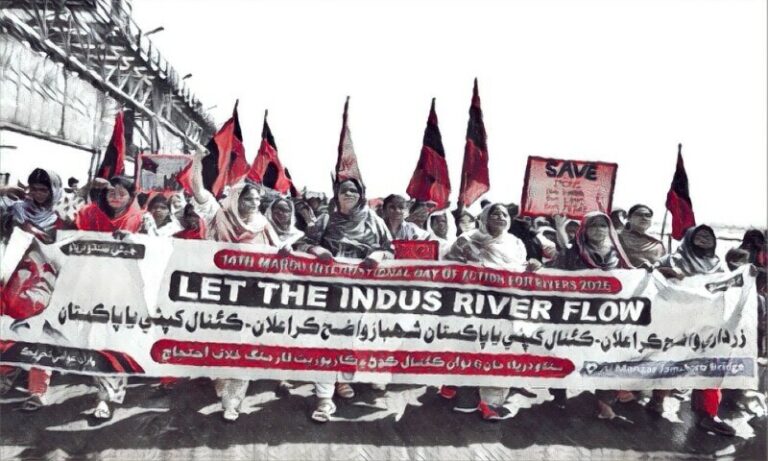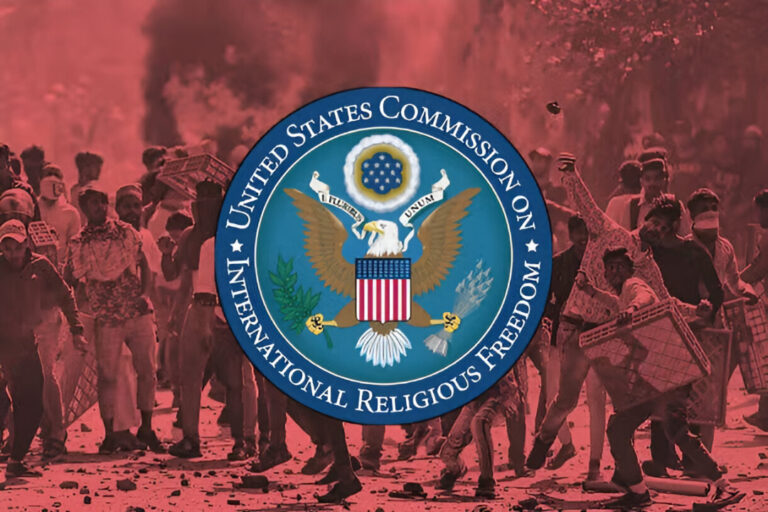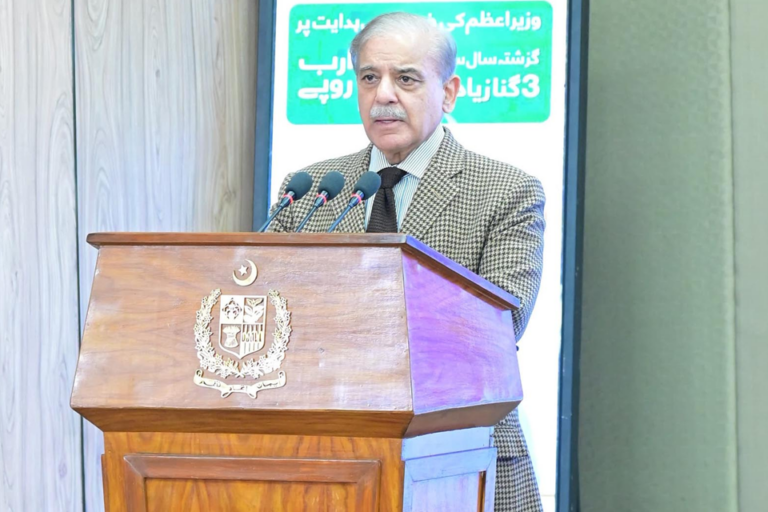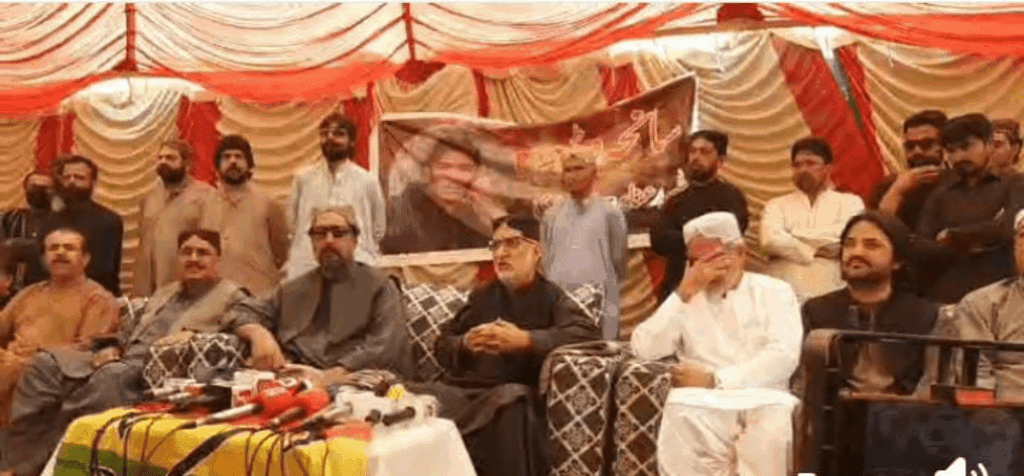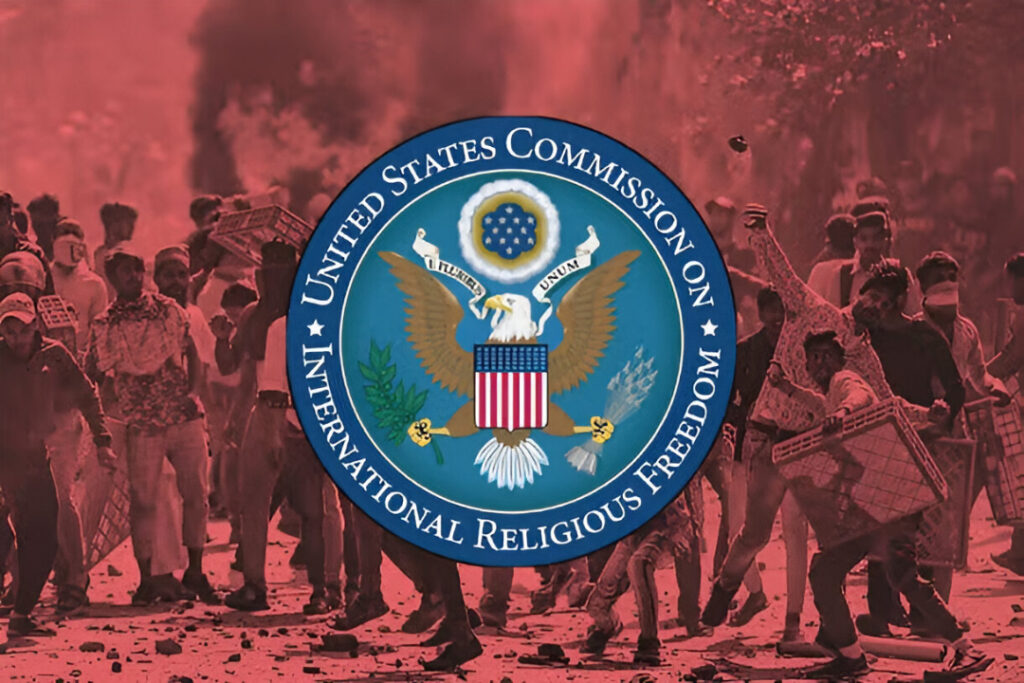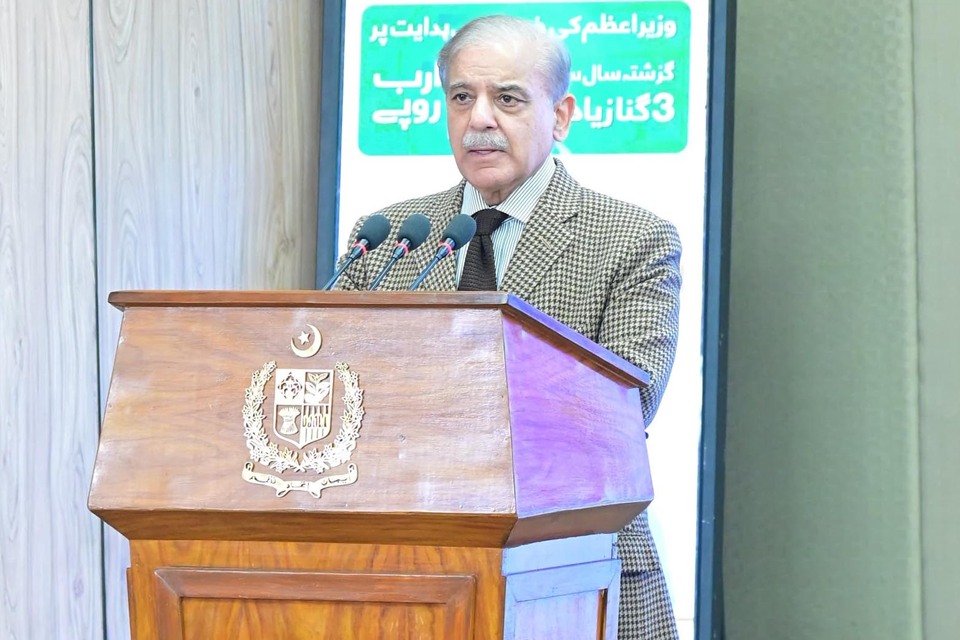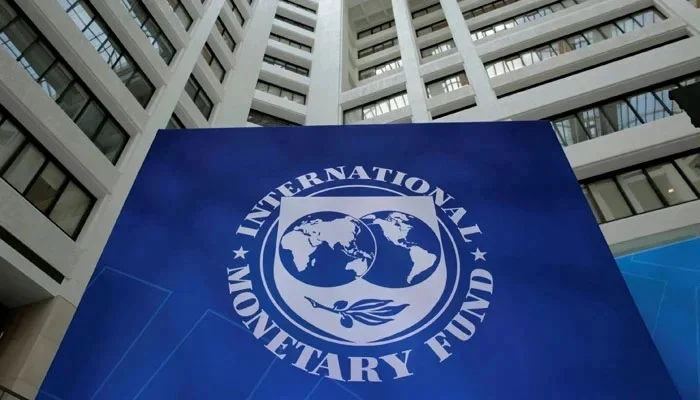Last week, Ahmadi man Tayyab Ahmed axed to death in Dhamial Camp Rawalpindi in a religious motivated attack. The attacker allegedly slurred anti-Ahmadi while he carried out attack. The attacker invoked prior warning for “Qadianis” to leave the area before launching the attack. “I have warned you Qadianis to leave this place,” the assault reportedly shouted.
The targeted man came to visit his brother who was a trader. He was shifted to hospital where he succumbed to his wounds. The community has described this incident as a religiously motivated attack and ‘faith-based attack’. The attacker fled from the crime scene. However, the police source confirmed that they have filed FIR on 5th December.
As per reports, this is the fifth ‘faith-based’ killing of an Ahmadi this year. It highlights the severe risk faced by Pakistan’s Ahmaddiyya community. The community has called out unchecked hate speech and inadequate government response to extremist violence. A spokesperson, Amir Mehmood, questioned, “The Ahmadiyya community continue to suffer at the hands of extremists with no accountability for the culprit. These incidents tarnish the name of our beloved Pakistan.”
Historically, the founder of the Ahmaddiya movement was Mirza Ghulam Ahmed. Ghulam Ahmed who claimed to be a prophet and this in particular alienated orthodox Muslims. The controversy surrounding his position also resulted in a split within community and another group ‘Lahoris’ was formed. They regard Ghulam Ahmed as a ‘Mujjahid’ and not prophet. On the other hand, Ahmadiyyah movement also refused the idea of militant jihad.
Over the growing concern of Ahmaddiya’s influence, religious friction reached at peak in 1953 with demonstrations and violence against community. Tension surfaced in the early 1970s. The Muslims who embraced the belief of finality of prophethood voiced to called Ahmadis ‘non-Muslims’. In 1974, the Pakistani parliament proposed second amendment (clause 3 in Article 26) and declared them ‘non-Muslims’. Zia’s Islamization period further introduced discriminatory laws. The environment charged the religious intolerance and opened way to imprison and prosecute to those identify themselves Ahmadi.
Furthermore, the Lahore High Court banned on Ahmadis for holding celebrations in 1991. Ahmadis could not take part as voters until they claim themselves as ‘non-Muslims’. They appear on separate list of voter registration. In Nov 2017, Tahreek-e-Labaik Pakistan drove anti-blasphemy protests and anti-Ahmadi sentiments.
Lastly, the 500,000-member Ahmadi community called for the provision of basic human rights. Amnesty International documented 36 cases of arbitrary arrests and detention during Eid-ui-Azha over taking part in religious ceremony. The human rights organizations said, “Authority must end the growing attacks on Ahmadis. They must respect, protect, promote and fulfil the human rights of the member of the community.”



